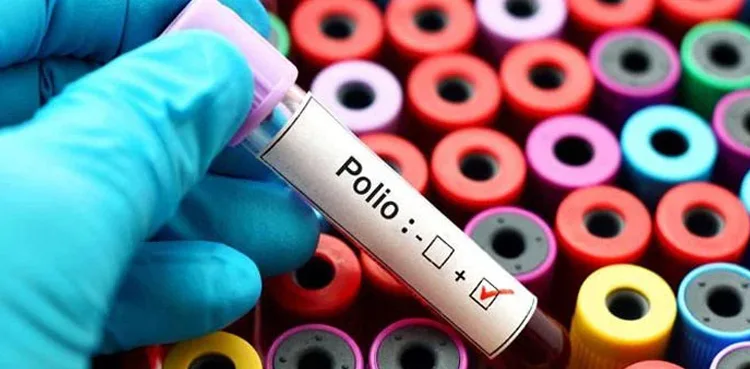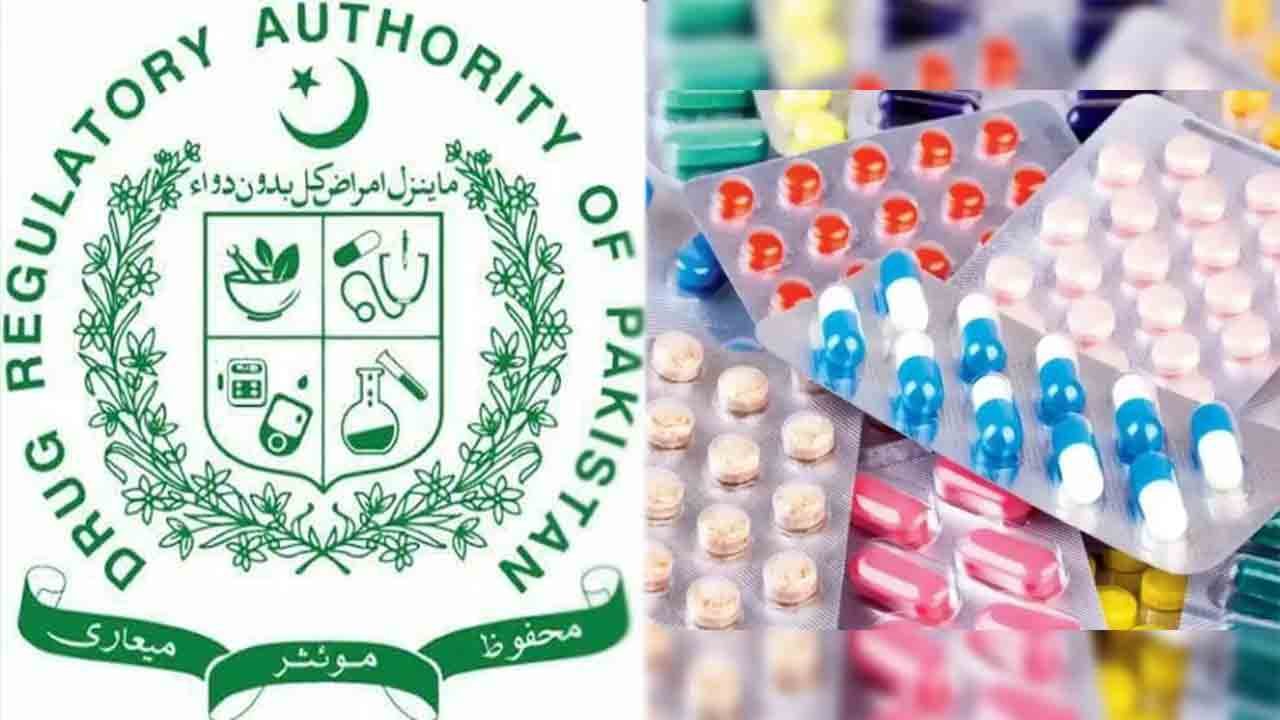Islamabad: The resurgence of the polio virus in Pakistan’s sewage systems has raised alarms about the country’s public health infrastructure. Recent reports confirm that the sewage from various regions across all four provinces has been contaminated with the polio virus, signaling a significant public health challenge. The presence of the virus has been detected in 15 sewage samples from 12 districts, exacerbating concerns about the virus’s spread and the effectiveness of ongoing eradication efforts.
Polio Virus Presence in Sewage Samples
According to reliable sources, the Type 1 wild polio virus has been identified in the sewage systems of numerous districts, including Mastung, Quetta, Chaman, Awsta Muhammad, Karachi, Peshawar, Lucky Marwat, DI Khan, Bahawalpur, and Mirpurkhas. This finding is particularly concerning as it highlights the widespread nature of the virus within the country’s sanitation systems. As of 2024, a total of 168 polio-positive sewage samples have been reported, affecting 42 districts across the four provinces.
Specific Areas Affected
In DI Khan, polio-positive sewage samples were found at the bus stand and MODC site, while Bahawalpur’s Shaukatabad area also reported contamination. For the first time this year, these districts have registered polio-positive sewage, indicating the virus’s expansion into new areas. Mirpurkhas’ ring road area also showed two polio-positive sewage samples.
Karachi has seen multiple areas affected, with Manzoor Colony drain and Hijrat Colony reporting ten polio-positive samples. Karachi East’s Sohrab Goth area has the highest number of positive samples, totaling 20, while Korangi Nallah reported five positive samples. Notably, the polio virus found in two districts of Karachi is genetically indigenous to the region.
In Khyber Pakhtunkhwa, Lucky Marwat’s tubewell street and Peshawar’s Shaheen Muslim Town reported polio-positive sewage, with Peshawar recording 12 positive samples this year. Additionally, sewage samples from Pakt, Chaman (12 positive samples), and areas of Quetta like Surpal, Jatak Kali, and Takhtani have shown contamination. Quetta alone has reported 21 polio-positive sewage samples this year. Furthermore, three samples from Mustang also tested positive for the virus.
Genetic Analysis and Links
Genetic analysis has revealed that the polio virus found in Chaman’s sewage is linked to Pishin, demonstrating the interconnected nature of the virus’s spread within the region. This genetic tracing is crucial for understanding the transmission dynamics and implementing targeted interventions.
Implications for Public Health
The resurgence of the polio virus in sewage systems poses severe implications for public health in Pakistan. Polio is a highly infectious disease caused by the poliovirus, which primarily affects young children and can lead to permanent paralysis and, in severe cases, death. The presence of the virus in sewage indicates not only active transmission within the community but also highlights gaps in sanitation and vaccination coverage.
Response and Mitigation Efforts
The detection of polio in sewage necessitates urgent and comprehensive response measures. The government, in collaboration with international health organizations, must intensify vaccination campaigns, especially in the affected districts. Public awareness campaigns are also essential to educate communities about the importance of polio vaccination and proper sanitation practices.
Additionally, improving the infrastructure for sanitation and clean water supply is critical. Ensuring that all communities, particularly in rural and underdeveloped areas, have access to clean water and effective sewage treatment systems can significantly reduce the spread of the virus.
The Way Forward
The re-emergence of polio in Pakistan’s sewage systems serves as a stark reminder of the ongoing challenges in eradicating the disease. Despite significant progress in the past decades, the current situation underscores the need for sustained efforts and international cooperation. Pakistan must continue to prioritize polio eradication through rigorous vaccination drives, enhanced surveillance, and improved public health infrastructure.
By addressing these issues head-on and committing to long-term solutions, Pakistan can hope to overcome the current crisis and move closer to a future free from the threat of polio.



